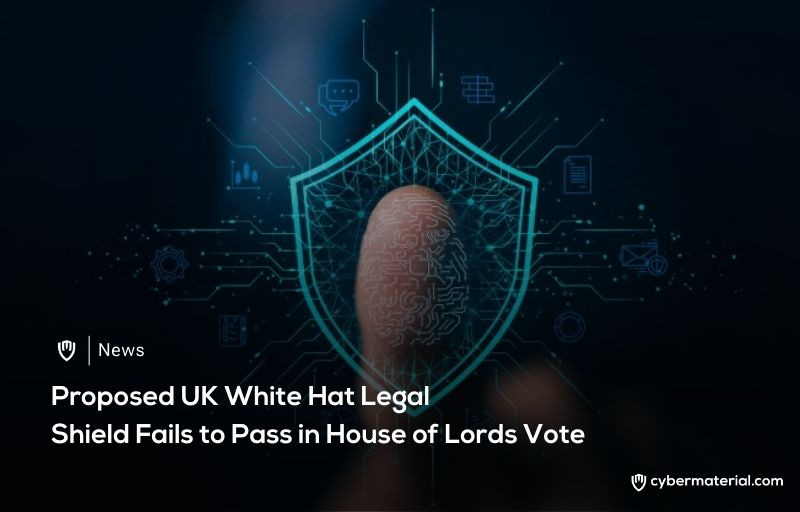
A proposed amendment to the UK’s Computer Misuse Act (CMA) aimed at providing legal protection for white hat hackers failed to pass in the House of Lords on December 18, 2024. The amendment, introduc…

A proposed amendment to the UK’s Computer Misuse Act (CMA) aimed at providing legal protection for white hat hackers failed to pass in the House of Lords on December 18, 2024. The amendment, introduc…